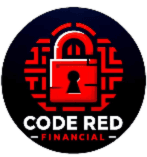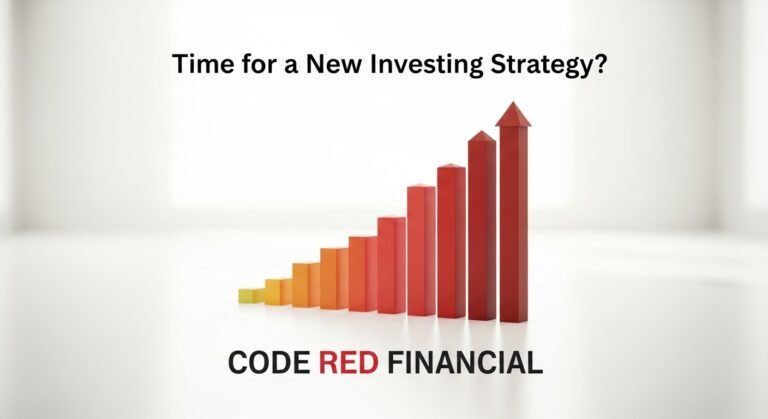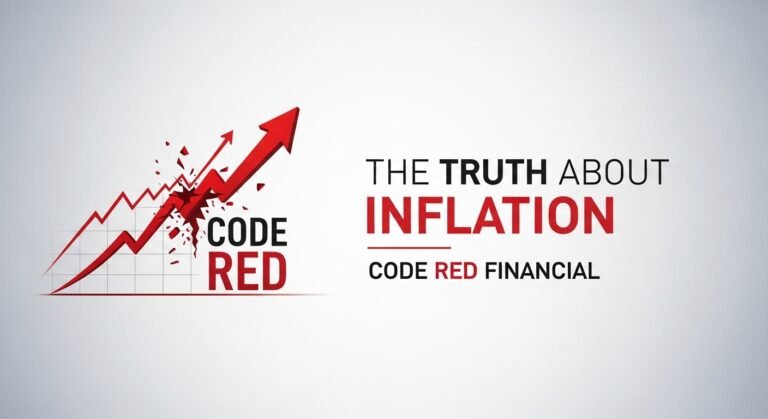
Navigating the Retirement Maze: What You Really Need to Know
Retirement planning might seem like one of those things you can put off for later, but the truth is, the sooner you get started, the better. In recent years, the landscape of retirement has evolved—there’s more flexibility, more options, and even more risks. But with the right tools, you can set yourself up for a secure and stress-free retirement. The two main heroes in this story? 401(k)s and Individual Retirement Accounts (IRAs). Think of them as your financial sidekicks, helping you build savings throughout your career.
A 401(k) lets you contribute part of your salary, and often, your employer will chip in too (free money!). IRAs, on the other hand, offer tax benefits that make your savings grow even faster. In short, these accounts are the foundation of retirement planning, but they’re not the only thing to think about.
So why is saving for retirement more important than ever? We’re living longer, healthcare costs are on the rise, and the average person needs more than just a small nest egg to live comfortably in their golden years. In fact, many Americans are falling behind on their savings. That’s why it’s time to get serious about planning—not just by setting aside money but by staying informed and taking control of your financial future.
The Role of Financial Institutions: Choose Wisely
When it comes to retirement accounts, financial institutions are the gatekeepers. They offer the tools and platforms you need to grow your savings, with options like mutual funds, stocks, and bonds to help you diversify. But here’s the catch: not all institutions have your best interests at heart. Some may charge you high fees or push you toward products that benefit them more than you.
Choosing the right financial partner is crucial. Do your homework. Make sure the fees are transparent and be wary of institutions that seem more interested in lining their pockets than helping you grow your savings.
Hidden Fees: The Sneaky Culprits Draining Your Savings
You might think saving for retirement is straightforward, but it’s the hidden fees that can slowly chip away at your hard-earned money. Retirement accounts often come with a variety of charges—management fees, administrative costs, and trading commissions—that add up over time and reduce your returns.
Management fees are one of the biggest culprits. Investment firms charge these fees to manage your funds, and while they’re sometimes necessary for professional management, they can take a hefty bite out of your savings in the long run. Even a seemingly small percentage can add up to a lot over time.
Then there are administrative fees—for things like paperwork and account maintenance. They’re often overlooked, but these can really add up, year after year. And trading commissions—every time you buy or sell investments—can also take a toll, particularly for those who trade actively.
Pro tip: Keep a close eye on your account statements. Know where the fees are coming from, and make sure they’re not eating away more than they should. By staying aware, you can make smarter decisions and protect your retirement savings from unnecessary losses.

Misleading Investment Products: The Shiny Traps to Avoid
In the world of retirement savings, not everything that glitters is gold. Some investment products are marketed as “safe” or “guaranteed,” but they can end up being more trouble than they’re worth. Take variable annuities, for example. They’re often advertised as tax-deferred growth with guaranteed income, but their high fees and complicated terms can actually diminish your returns over time.
Another trap to watch out for? High-commission mutual funds. Financial advisors might recommend these products because they receive hefty commissions for doing so. This creates a conflict of interest—leading you to invest in products that don’t necessarily align with your financial goals.
Before you invest, always ask for clear information about the risks and costs involved. The more you know, the better equipped you’ll be to make informed decisions that protect your savings.
Scams Targeting Your Retirement Savings: Watch Out for Predators
Sadly, retirement savings are a prime target for scammers. Whether it’s Ponzi schemes, phishing attacks, or fraudulent investment opportunities, criminals are constantly looking for ways to exploit retirees and those planning for retirement.
Ponzi schemes promise high returns with little risk, but they rely on new investors to pay old ones—eventually collapsing when the money stops flowing. Phishing scams involve fake emails or websites that mimic legitimate institutions, hoping to trick you into giving up your personal details. And fraudulent investment opportunities often prey on your desire for a secure retirement, offering “guaranteed returns” or “exclusive deals” that ultimately lead to nothing but lost savings.
To protect yourself, be proactive. Regularly check your account for any unusual activity and be cautious of unsolicited offers. If something seems too good to be true, it probably is. Always consult a trusted financial advisor before making any big moves.
Regulations and Protections: Your Financial Safety Net
Fortunately, there are rules in place to protect your retirement savings. One of the most important is the Employee Retirement Income Security Act (ERISA), which ensures that pension plans are run transparently and responsibly, protecting you from fraud and mismanagement. The Securities and Exchange Commission (SEC) also regulates financial markets, ensuring transparency and fairness, particularly with investments tied to retirement accounts.
These regulations help ensure that financial institutions act in your best interests. If something doesn’t seem right, you have the right to file complaints and take action.

Smart Strategies to Protect Your Savings
Now that you know what to watch out for, let’s talk strategy. The best way to protect your retirement savings is through diversification. Don’t put all your eggs in one basket—spread your investments across different asset classes (stocks, bonds, real estate) to reduce risk.
Regularly reviewing your account statements is another key step. Keeping track of your investment performance allows you to spot any issues before they become major problems.
Seeking independent advice can also make a huge difference. A qualified advisor who operates with a fiduciary duty (meaning they are legally required to act in your best interest) can provide personalized advice based on your unique situation and goals.
And don’t forget to educate yourself. There are plenty of free resources available—books, online courses, and seminars—that can help you get a better understanding of how retirement planning works. The more you know, the more confident and informed you’ll be when making decisions.
Conclusion: Take Control of Your Financial Future
Retirement planning may seem daunting, but you’re not alone. With the right tools, knowledge, and strategies, you can secure your financial future. Review your accounts regularly, be vigilant about fees, and don’t fall for misleading products or scams. Stay informed, educate yourself, and be proactive about your finances.
To quote Captain Planet (cartoon from the 90’s), “the power is yours”, so take a deep breath and take charge of your future today, to ensure a financially successful retirement.






